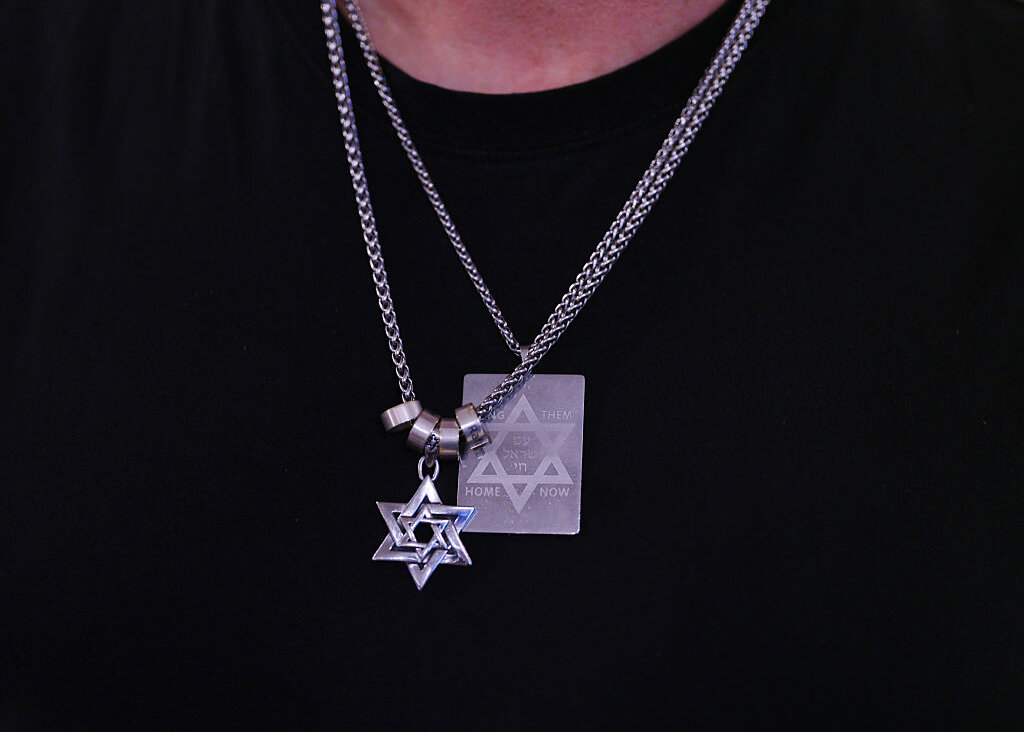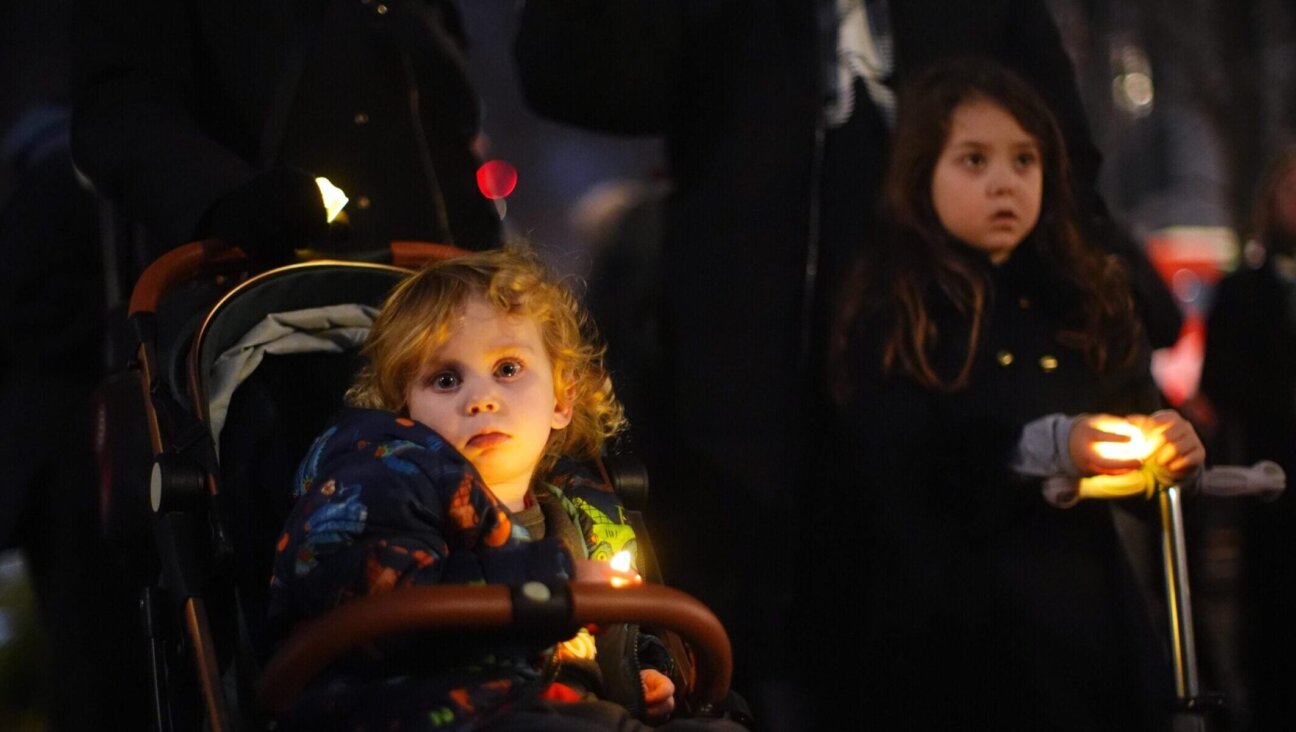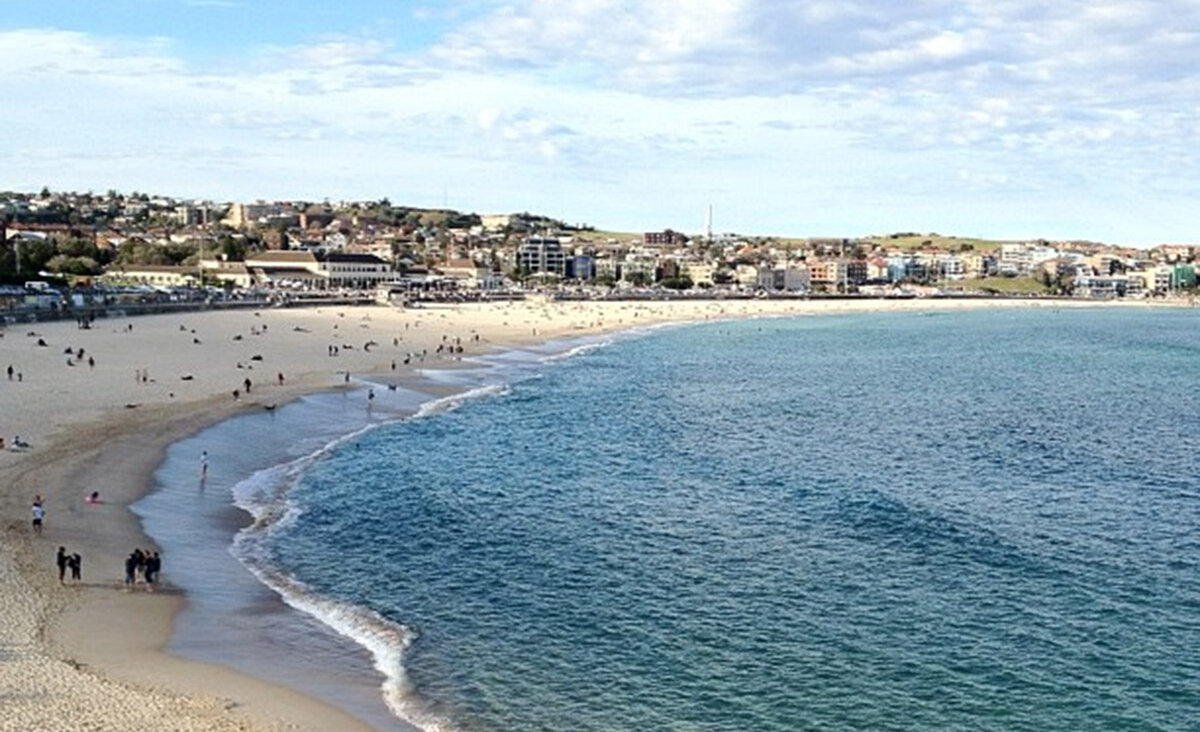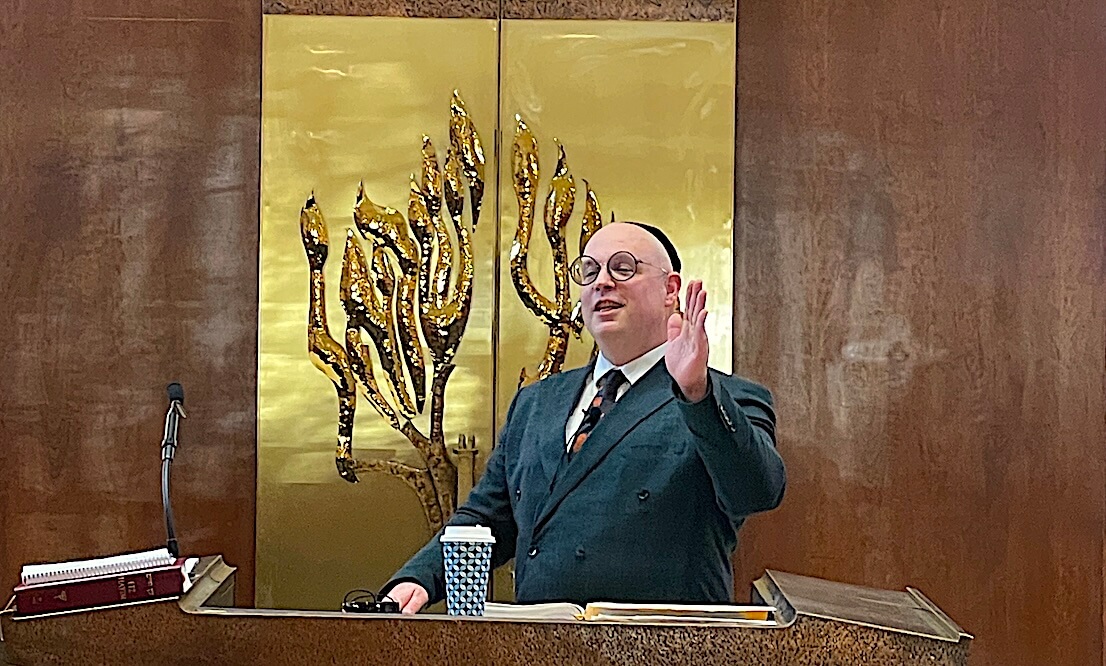Max Steinberg Was Not Brainwashed

Graphic by Angelie Zaslavsky
L.A. native Max Steinberg, killed in combat during fighting with Gaza / Courtesy of Steinberg Family
There have been many responses to Allison Benedikt’s indictment of Birthright in the death of Max Steinberg, an oleh and a lone soldier, the IDF’s term for new recruits whose families live outside Israel. Many have pointed out the total lack of factual evidence for her claims or the disrespect her article showed the deceased and his family. While I agree with these arguments, my problem with her article lies in its fundamental underlying assumption that any connection experienced by a Diaspora Jew with Israel is a sole consequence of nationalistic brainwashing.
As a former oleh and lone soldier in the IDF myself, and friend and acquaintance of many olim, both recent and veteran, I am a witness to the fallacy of that assumption. During my time in ulpan at Kibbutz Ma’agan Michael, I was fortunate to meet many other olim, who came from just about every country, level of Jewish observance, and political leaning possible. While most of us shared some level of Zionist ideology, this was by no means the common factor that drove us to leave our families and start our lives in such a far-from-perfect place. Although many of us were excited to join the army, this was nothing compared to the more visceral euphoria of being in the one place that we could call home, surrounded by people who are part of the same nation.
Based on my own self-examination and countless conversations with other olim, this feeling is the only commonality I can find between us all. Some were raised by Israeli parents, while others had only one Jewish grandparent. Some had been on group trips to Israel, and others hadn’t seen the country until the day they moved there. Some spent years in Jewish day school or youth groups, and others were entirely assimilated in their non-Jewish communities at home. Some wanted to join the most secretive, combat-intensive units in the army, while others weren’t all that excited to join the army at all. Some supported the Likud party, and others voted for the far-left Meretz.
I definitely would not classify all the olim I met as being “especially lost, or especially susceptible, or… just looking to do some good,” the traits Benedikt believes characterize most olim and lone soldiers.
The diversity of backgrounds, personalities, and opinions in this group of new immigrants was equally reflective of that of the native Israeli population, and I therefore cannot accept that the feeling of belonging in one’s own land with one’s own people is the result of one particular worldview.
I never met Max Steinberg, but I do not believe that he choose his path because he was misled by a specific type of propaganda. When I think of Max, I think of the countless other olim who feel so at home in Israel. It is a feeling that has a special place between our hopes and dreams, irrespective of nationality, political views, or knowledge of the Hebrew language or Israeli culture. It is this feeling, and not political ideology, that drives olim like Max to live in Israel. It is such a shame that Max did not get to live in that place he felt was truly his home for longer, but I’m happy for him that he discovered it when he did.
Yareeve Zemel is a graduate student at Columbia University studying biomedical engineering.















